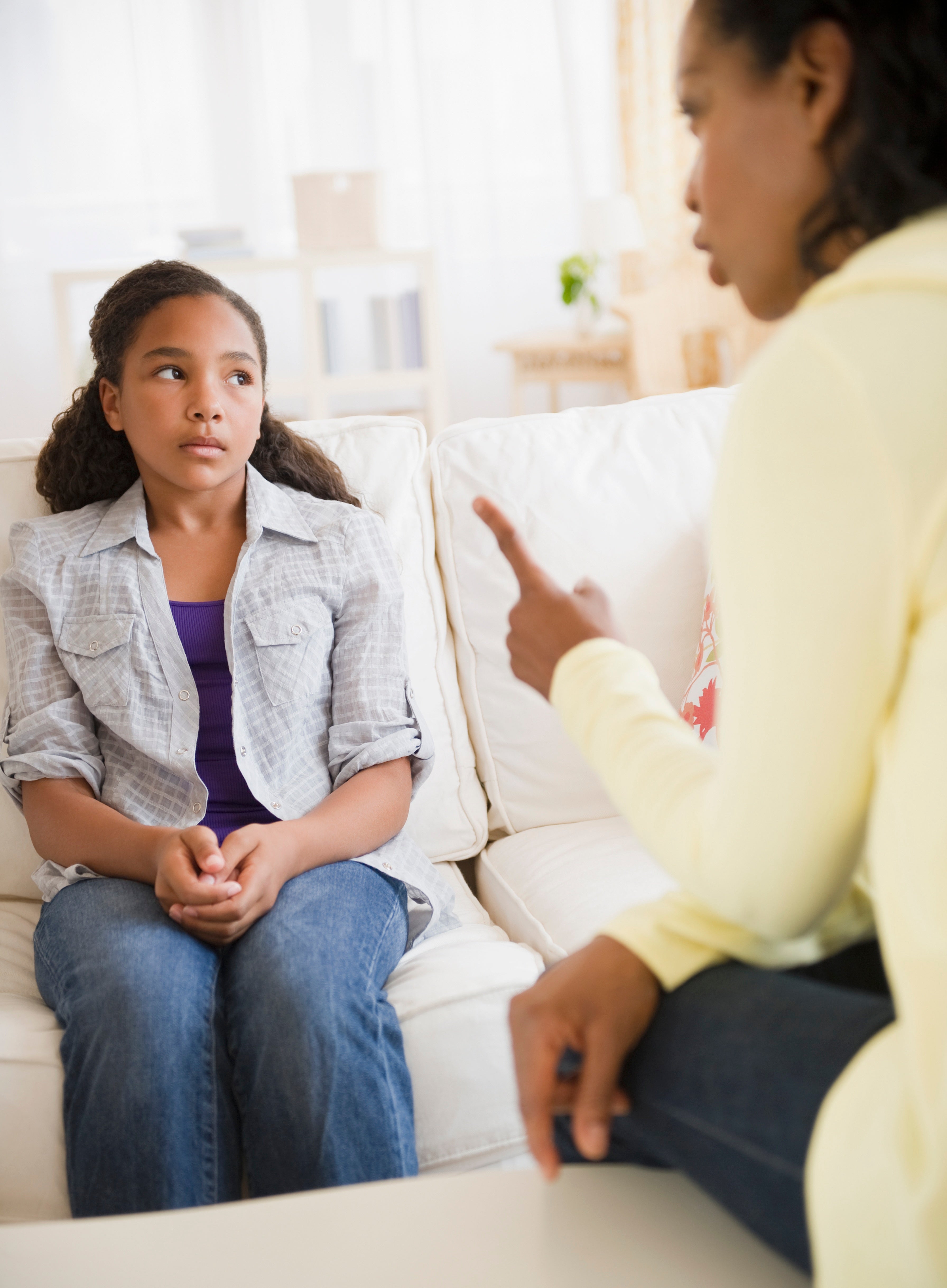
My parents speak of a time in which adults did not merely feel empowered checking the behavior of the children in the community, they felt it was their job. Nowadays, speaking sternly to a stranger’s child can find you with one of their parents or relatives in your face screaming at you. I’ve seen it happen more than a few times; someone’s kid is out here running amok, as their chaperone barely pays them any notice… but the second in which another adult says something, it’s “Who the hell are you talking to my child? I can handle MY kids!” As much as I wanted to defend the little one who seemed to be getting bullied, I was not prepared to fight with an aunt or mother who didn’t appreciate me looking after him.
I actually do address the behavior of children and teens in public pretty often; my relative comfort in doing so may come from my past experience working in and around schools. But more often than not, I’m only going to go there when I know that there aren’t any parents around or that the child can’t run back and say, “That lady told me to stop cursing!” Most of my friends will only say something to someone else’s children if there is some sort of major issue or safety concern. When I chide a child for screaming on the bus or failing to let an elderly person sit, I’m apt to get a “you crazy” from one of my girlfriends, always with the same message: “You can’t just be out here talking to other people’s kids.”
While there are those young people who respond to strangers with a brash “You ain’t my momma,” there are others who understand why adults take the time to correct them and who know to respond with respect, even if they are annoyed at the interruption. They know that they’ve been misbehaving and they can receive a gentle chiding without losing their heads. I truly believe that this is the case for most of our children, who are not inherently bad or perpetually misbehaving… they’re simply growing people who deserve the support of their elders.
Though I hesitate to act at times, I really do believe that ‘other people’s kids’ are our responsibility. As adults, we are supposed to both protect them and teach them how to act. Part of the reason that we see so many young people acting a complete fool in public is the lack of consequences; so long as they aren’t spotted by a relative or family friend, it seems that they don’t care what the rest of us adults think. And when you have teenagers who will gladly curse you out and adults who take offense to someone supporting the work they should do at home, that incentive to straighten up and fly right will continue to evade them.
While it is important that children understand that strangers do not have the rights and privileges of family, we should bring our communities back to the times in which an older woman can say, “Young man, do you kiss your mother with that mouth?” upon hearing profanity and not be met with “You ain’t my momma, b*tch” or “Don’t talk to my son! He don’t know you!” We should want the other adults of our community to have concern and compassion that guides them to look out for our little ones when we can’t do it ourselves. The question is: how do we make that happen?
